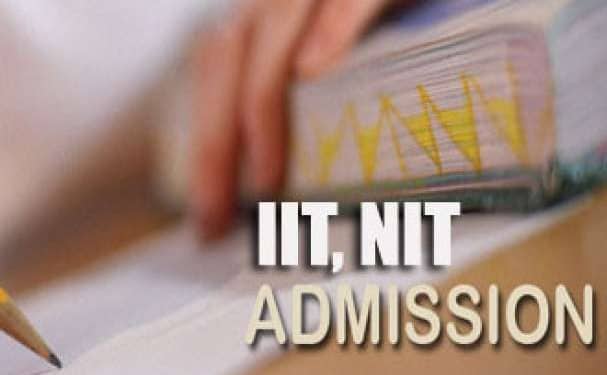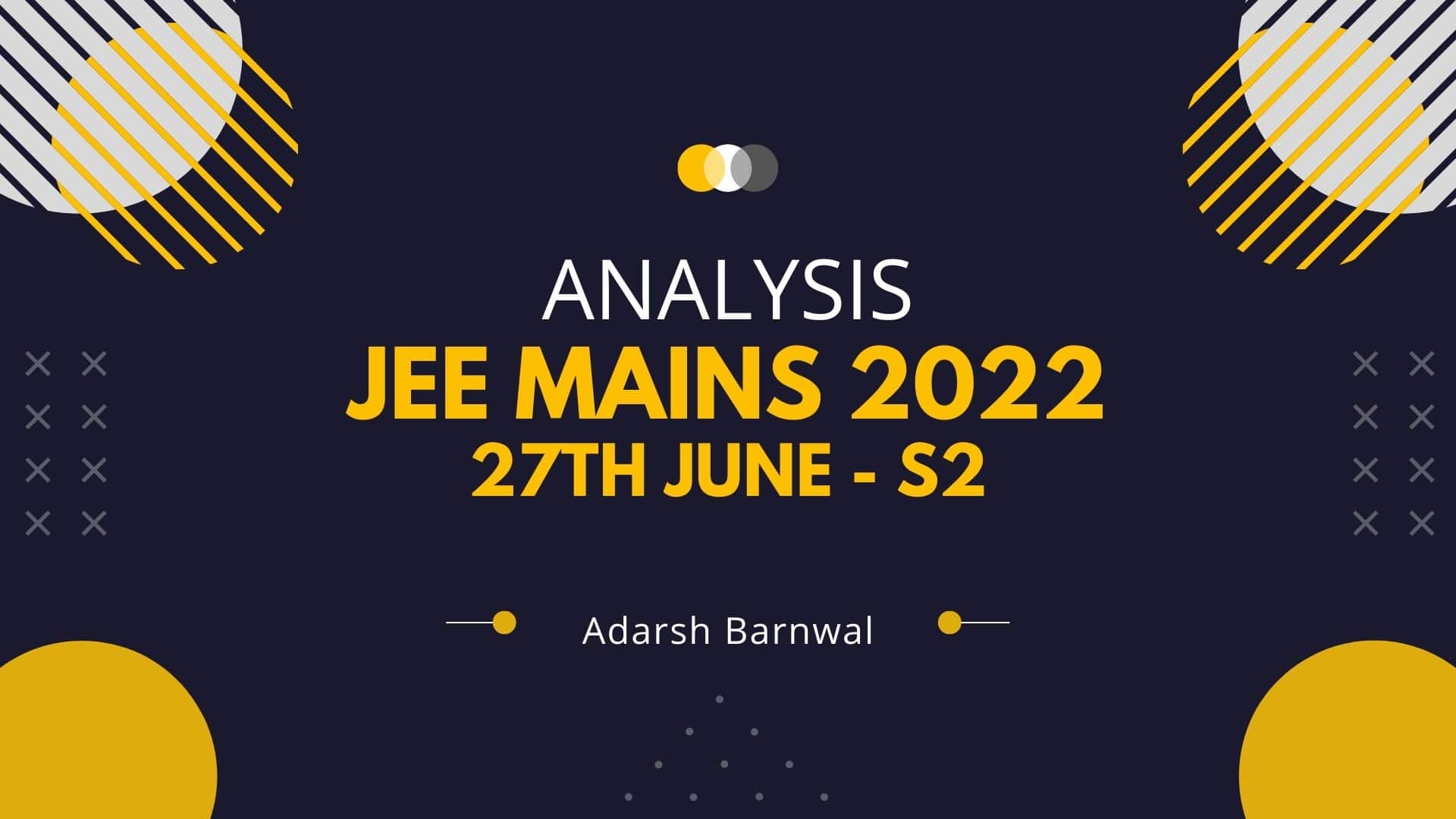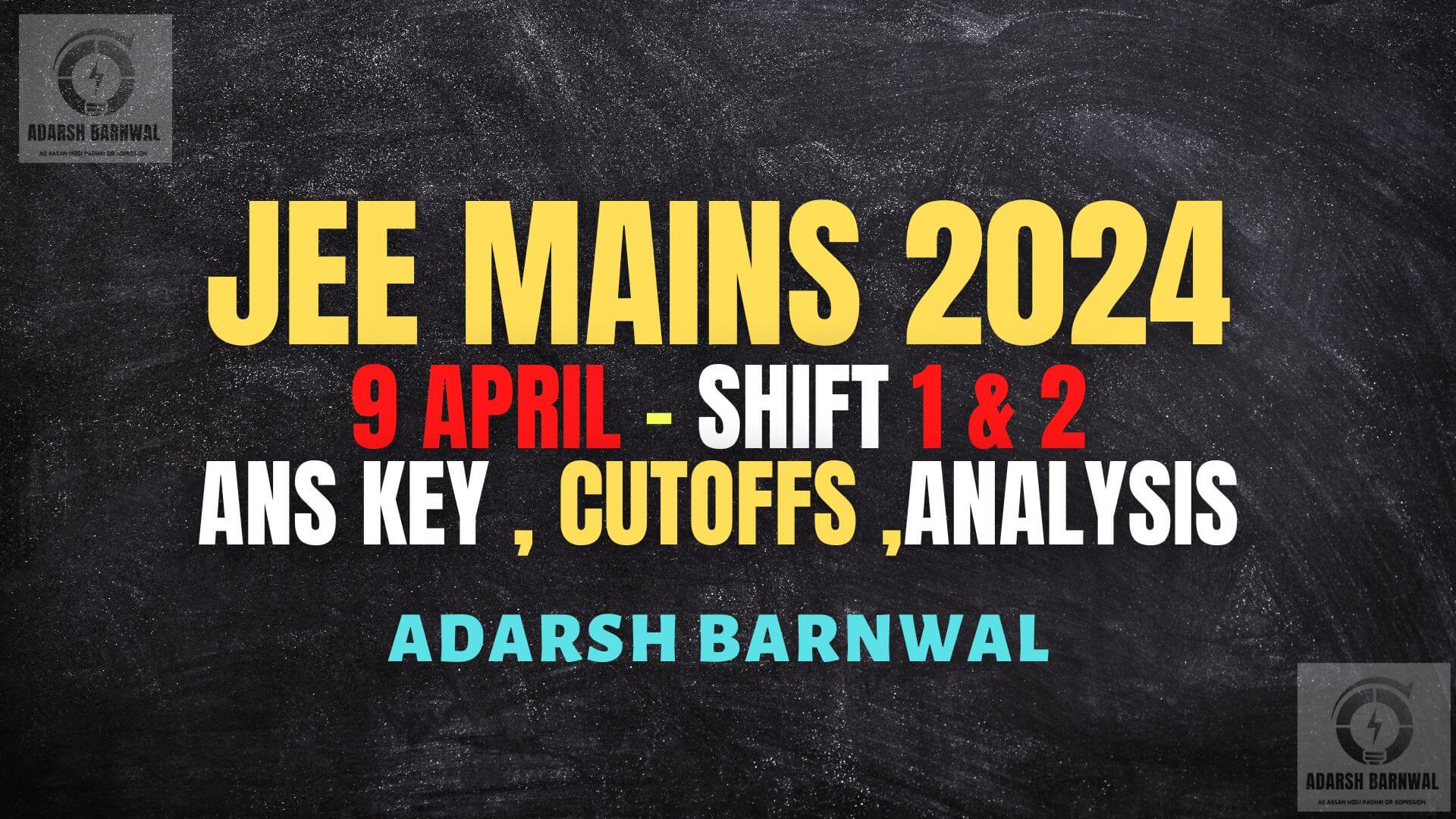The University Grants Commission (UGC) has said that it had constituted two committees to look into issues faced by universities and colleges due to the coronavirus outbreak and lockdown.
The first committee was tasked with looking into the issues related to examinations and academic calendar. The second committee was entrusted with the task of finding solutions to issues related promotion of online education.
Both the committees submitted their reports to the UGC on 24 April.
According to NDTV, the first committee has suggested that the commencement of the academic session should be pushed to September. The second committee has recommended that universities should hold online examinations if they have infrastructure to do so, otherwise they should conduct exams after the lockdown is lifted.
There are plans of holding entrance examinations like NEET and JEE in June, news agency PTI reported quoting an official.
“It is not binding that all the recommendations will be accepted. After deliberating on the feasibility issues and keeping the situation in mind, guidelines will be issued,” the official said.
The UGC said it will issue guidelines to colleges and universities this week on measures to be taken for the current academic session and the next one.
Universities and colleges have been shut since last month. The decision to closed educational institutions was taken due to the rising cases of coronavirus.
JEE Mains 2020 Formula Book Download FREE
If the recommendations of two UGC constituted panels are implemented, classes in universities and colleges will begin in September, instead of July. The University Grants Commission (UGC) will take a decision on the recommendations and release the guidelines this week.
The UGC panel headed by ex-VCs of universities have suggested different measures to be taken for the coming academic session and the university exam.
One panel, which was constituted to look into the ways of conducting exams in universities amid the lockdown and work on an alternate academic calendar, has suggested that academic session should be delayed to September.
The other panel, which was constituted to suggest measures to improve online education, has said that universities should conduct online exams if they have available resource and infrastructure to do so. If not, universities can wait for the lockdown to get over and then decide a date for pen-paper exam.
Much of the UGC’s decision depends on the entrance exams, on the basis of which medical and technical institutions would commence their admission process. All the entrance exams of this year have been put on hold due to COVID-19 lockdown.
Best test Series For Jee Mains
Eligibility Criteria for NIT , IIT , IIIT
Starting the academic session in September would shrink the academic calendar by few months, excluding the exam days. It is practically impossible to reduce the exam days unless UGC decides to conduct exams only for selected papers.
A new academic calendar and need to improvise on online education means universities will resort to digital classes and online video lectures. Though this appears to be an improvisation in higher education sector, but behind the scene it’s a chaos. Students are seen complaining about the difficulty to attend online classes. Recently when Delhi University announced to conduct exams online, many students have complained against it.
In Rajasthan, in order to compensate the academic loss of students who don’t have means to attend online classes, state education minister has requested government to provide free slots in Doordarshan for conducting classes.
Many courses have dissertations where students are required to do projects outside the university. In its attempt to revise the academic calendar to accommodate the syllabus of the coming session, universities may forego the dissertation time period, which is likely to reduce the professional scope for students. In view of COVID-19 lockdown, many institutes have asked their students to complete the dissertation in their parent organisation instead of going to other institutions, which was not well received by students.
Universities and schools across the country have been closed since March 16 when the Union government announced a countrywide classroom shutdown as one of the measures to contain the outbreak. Later, a nationwide lockdown was announced on March 24 which has now been extended till May 3.






